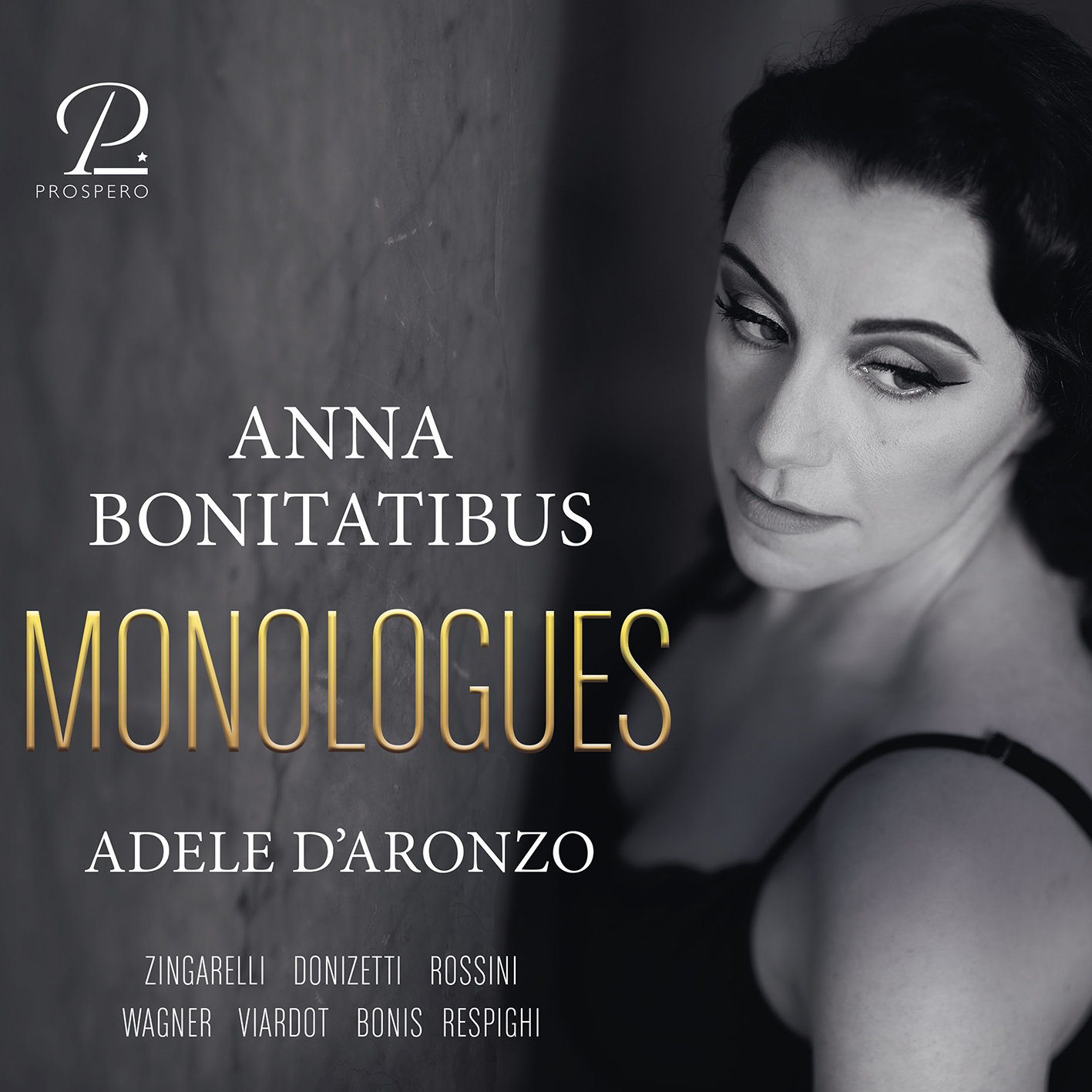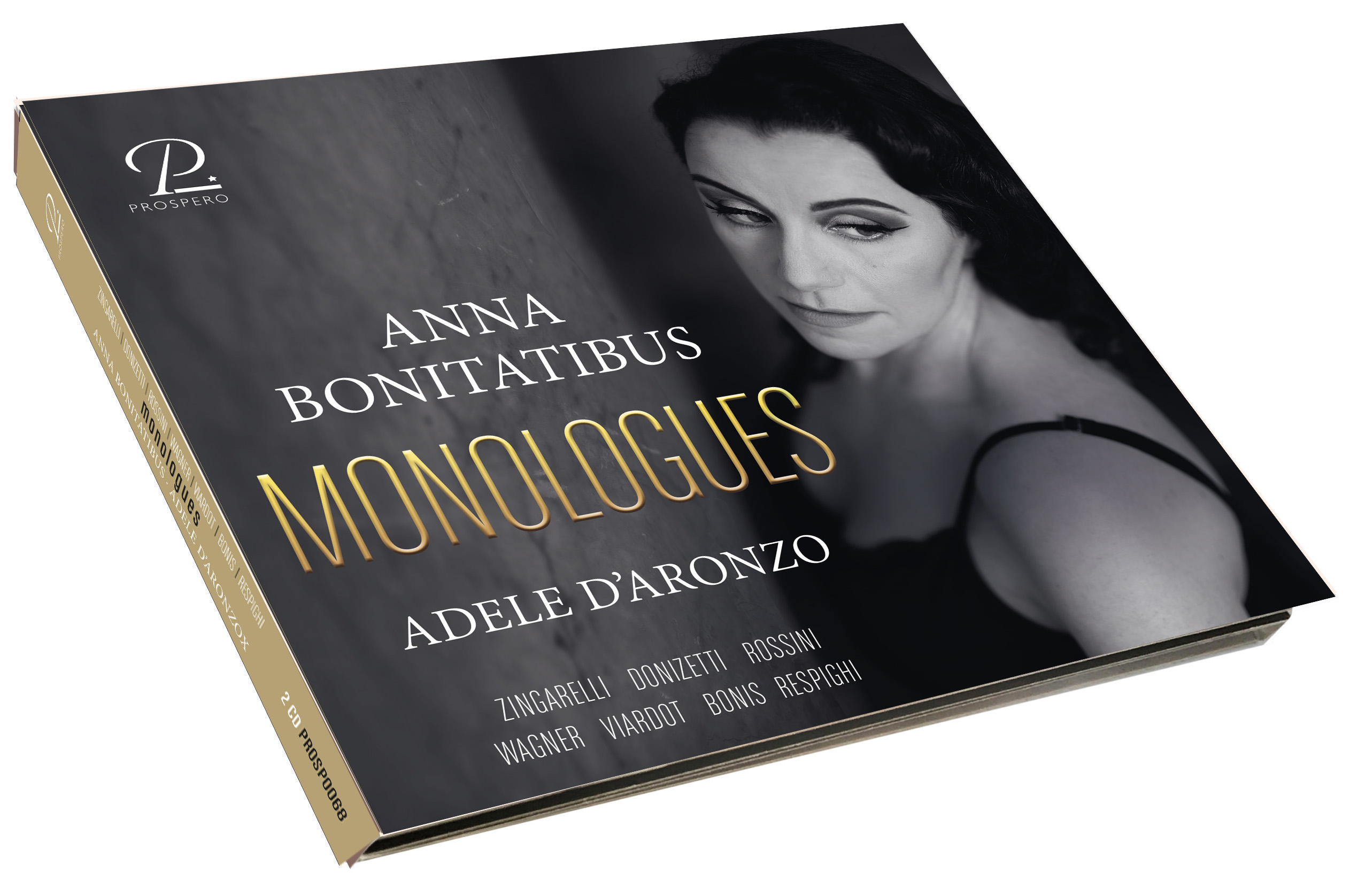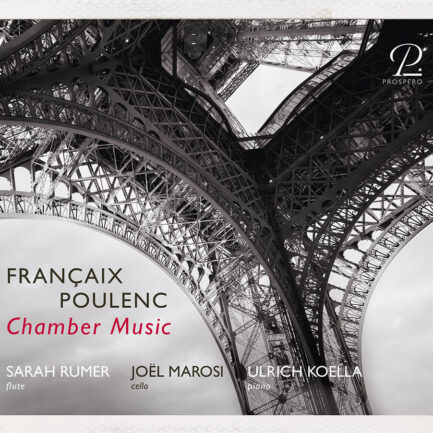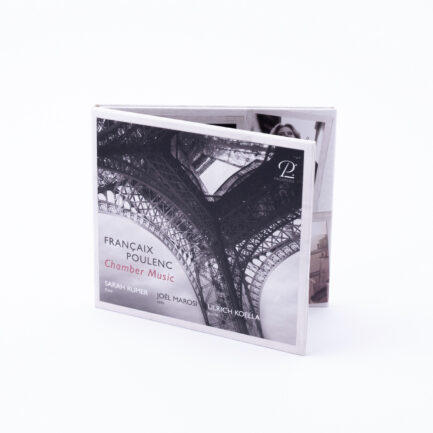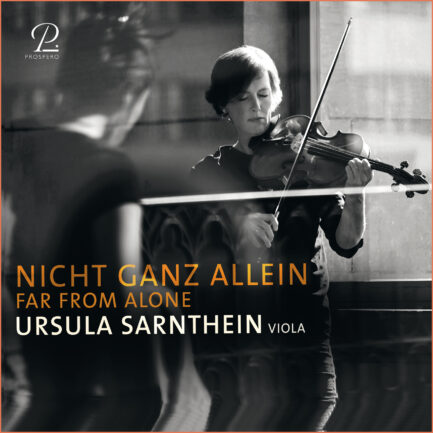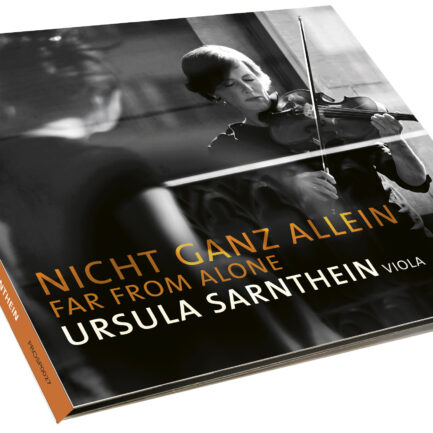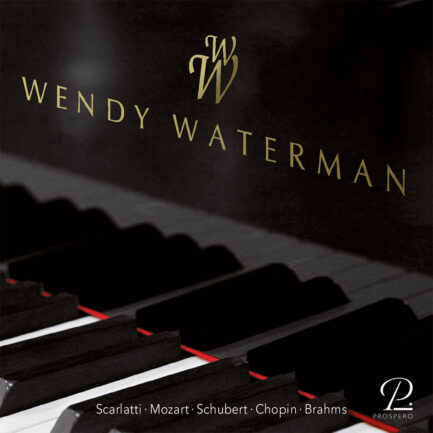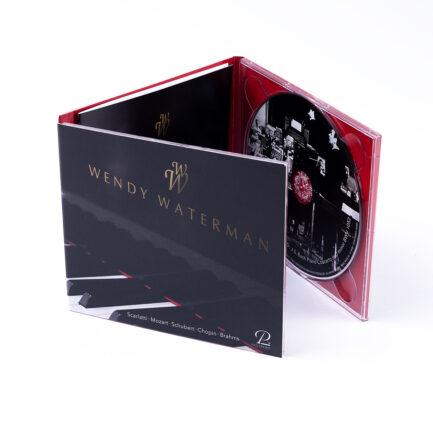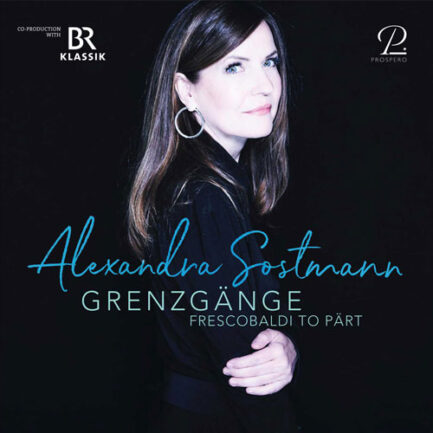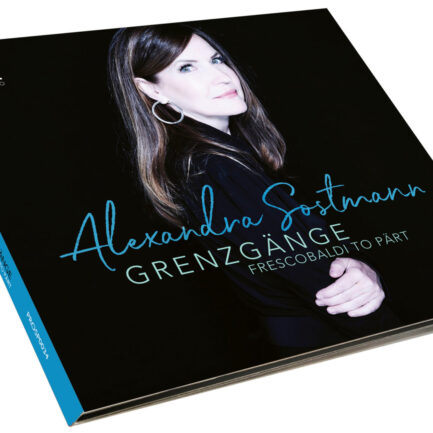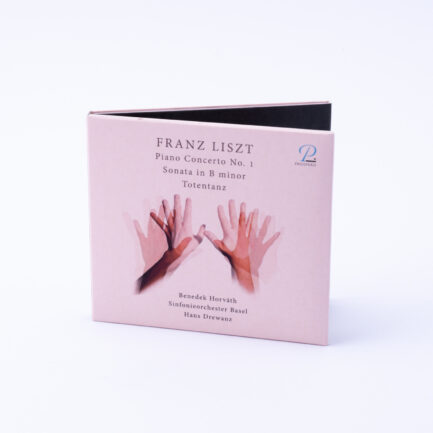Mezzo-soprano Anna Bonitatibus and her piano accompanist Adele D’Aronzo devote themselves to a very interesting aspect of opera and song culture: the monologue. On the basis of selected works by Donizetti, Respighi, Rossini, Zingarelli, Viardot and Wagner, the diverse narrative and expressive approaches of the monologue will be exemplified.
In musical works, the monologue is often used to express and visualise the smallest nuances of emotions – even those that cannot or should not be expressed.
The musical monologue is an effective means in opera; it unfolds a new, extraordinary power when it is understood as an independent whole, as a self-contained composition. Monteverdi already gave it an independent status in his Lettera amorosa.
In the 18th century, the genre experienced an unprecedented upswing with the “Cantata a voce sola” and celebrated success. In the course of the 19th century, the “Scena drammatica” (as the monologue was often called during this period) underwent further structural and content-related changes: although fewer compositions were written and performances took place less frequently, it was stylistically refined, with the basso continuo being replaced first by the fortepiano and then – in the period of its greatest development – by the pianoforte, with the aim of creating an even more lively and sensitive sound world.
Drawn from history, mythology or other literary sources, the characters of monologues in music are usually almost always women.
The monologues presented here are a selection of works written between 1804 and about 1911. They bear witness to the aforementioned structural and stylistic transformations; and while they are truly challenging for the singer in terms of technical and expressive demands, they offer a unique experience for the listener in that they provide a profound “inner” perspective from which to learn about the character’s history.
In the sensitive fusion of music and poetry, they offer the opportunity to enrich themes that are particularly relevant to our society today.

